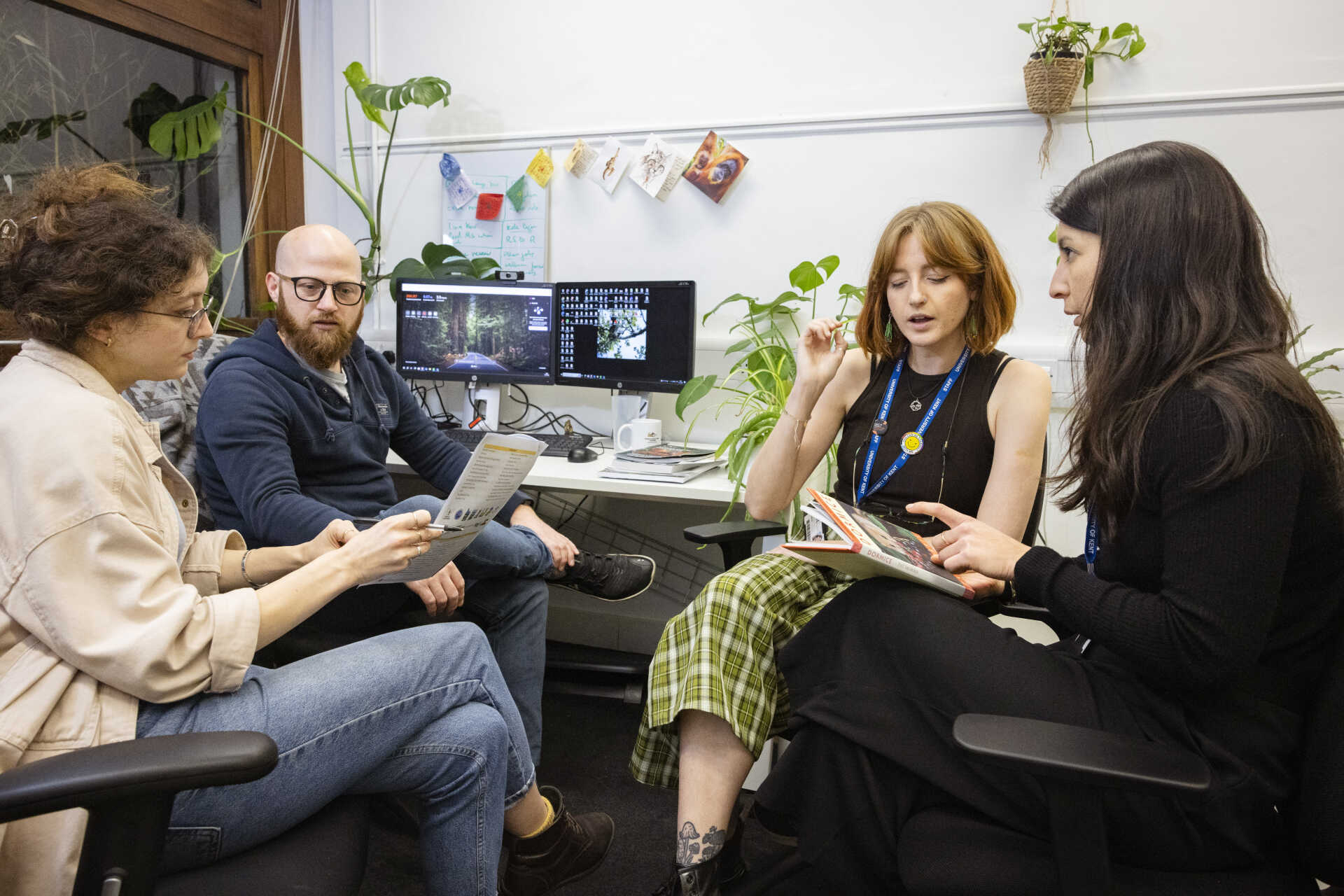People

People
A supportive community
DICE offers a welcoming, international community. We are always happy to hear from current and prospective students as well as academic staff at other institutions who share our interests.
If you are looking for a research supervisor, the listing below will help you decide who to contact. You might also like to visit our research page.
One of the strengths of DICE is our fantastic global network of staff, students and alumni who work together to achieve our mission.
This includes our academic and professional services staff, listed below, together with our PhD and Masters by research students, Honorary and Associate members and the DICE Advisory Board.
Showing profiles
Filters
Filter by profile name or research interest.